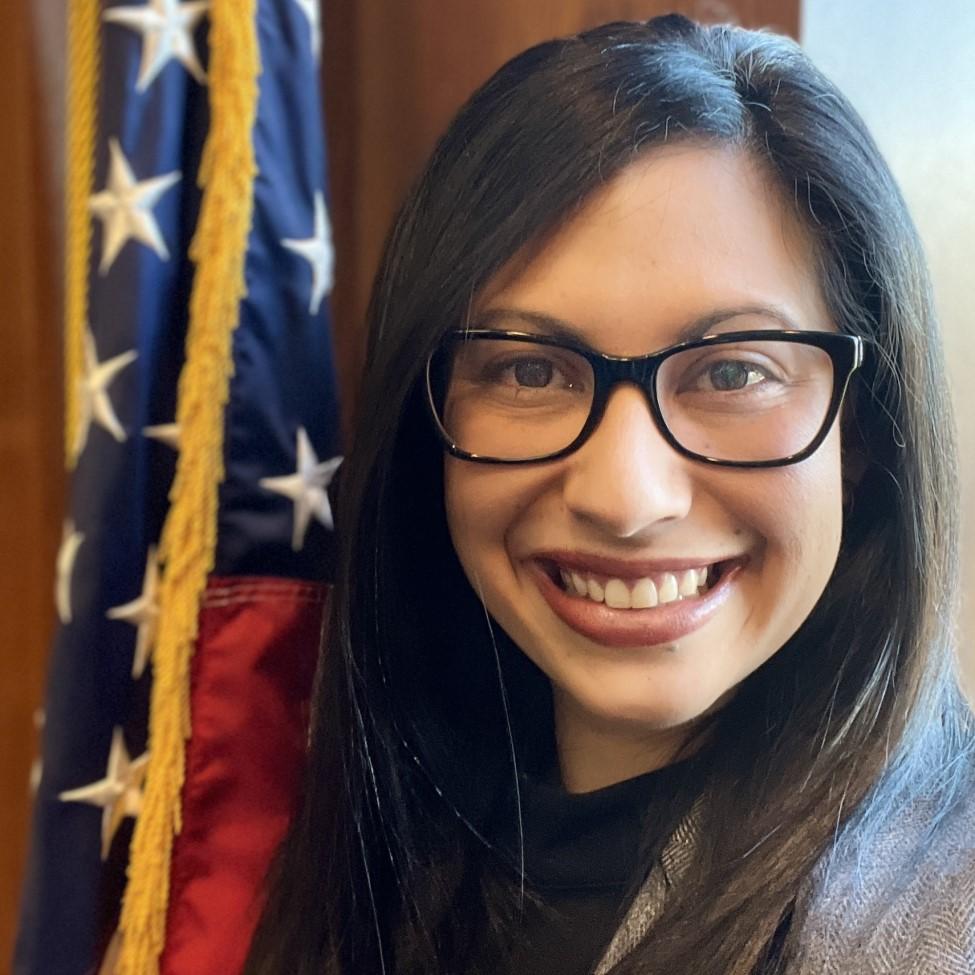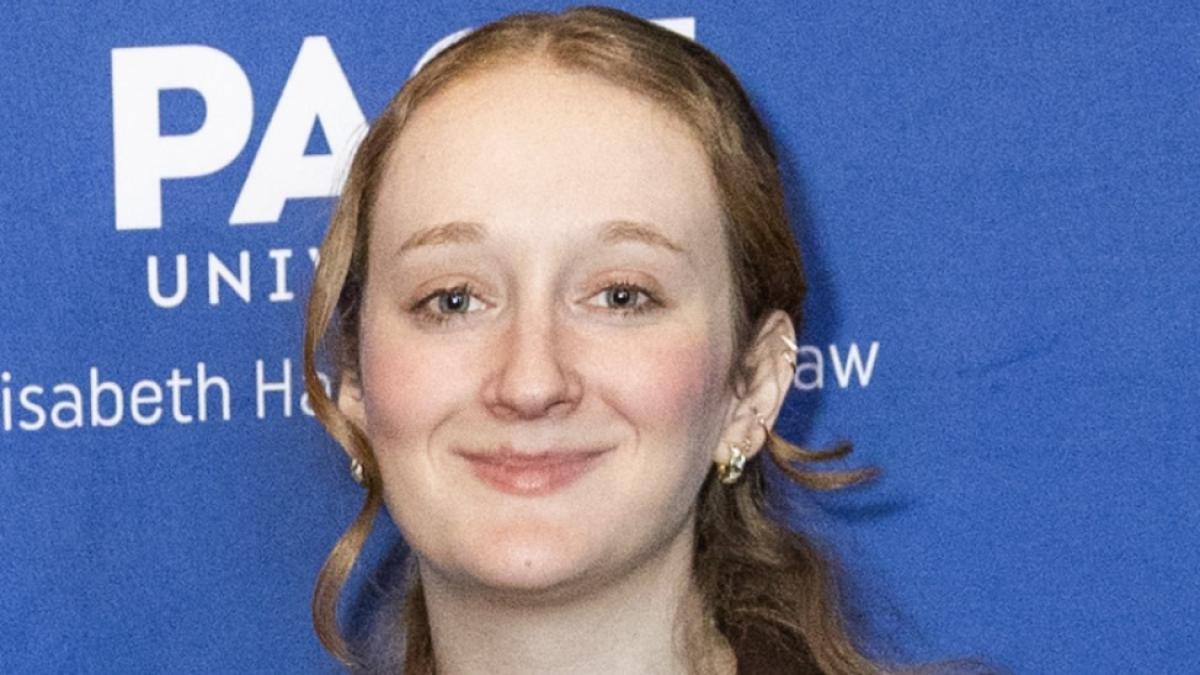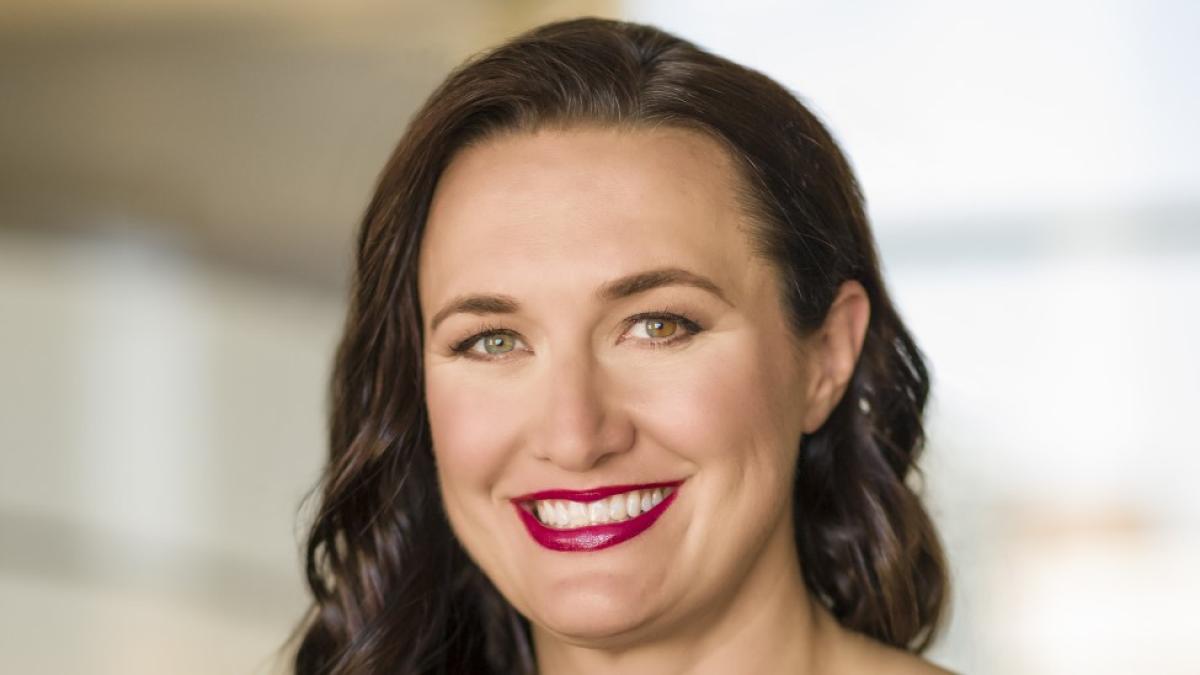
Shari B. Hochberg '12: Going For It

Shari B. Hochberg ’12 knew from the time she was twelve years old (if not sooner) that she wanted to be a lawyer. Choosing Haub Law due to its unique geographical location and proximity to both numerous law firms and the courts, Shari found it to be the perfect fit. Now, as a career law clerk with the United States District Court for the Southern District of New York, Shari shares with us why a clerkship is the best legal experience you can get and how no two-days are alike.
Did you always want to be a lawyer?
I knew I wanted to be a lawyer at least since I was twelve years old. I was asked to write an essay in the sixth grade about what I wanted to be when I grew up and I wrote, among other things, that my occupation would be “Courtroom Ruler” and that I would be “known throughout the state of New York” for my trial skills. Influenced by a passionate, brilliant English teacher I had when I was a junior at the Bronx High School of Science, I sought to pursue journalism for a brief period. But by sophomore year of college, an internship with the Special Litigation Division of the Federal Public Defender Service reinforced my desire to go to law school and become an attorney. Even without yet having a degree, I saw the real impact that my dedication and work ethic could have on marginalized communities and the public at large, and I was sold on the career path.
Why did you choose Haub Law?
I graduated college toward the end of the Great Recession, when the job market had not yet rebounded, and employment prospects were grim throughout all industries. With my mind focused on future employment, geography first drew me to Haub Law – because between NYC and Albany, there’s only one law school, but there are tons of law firms. I felt a sense of security that I would be able to utilize Haub Law’s geographical advantage to obtain internship opportunities and post-bar employment. I was also deeply interested in pursuing public interest law and litigation, in particular. Haub Law’s Public Interest Law Center, clinic opportunities, career counseling, and commitment to the growth and success of its students solidified my choice.
And, once you got to Haub Law – how was your experience?
Haub Law was a perfect fit for me. The school afforded me a work-life balance, such that I could pursue extra- and co-curricular activities and internships while maintaining my coursework. Haub Law enabled me to launch a chapter of the Unemployment Action Center, so that I could continue representing individuals in Unemployment Insurance hearings before Administrative Law Judges while also training other law students to do the same. I was given the opportunity to serve as Editor-in-Chief of the Pace International Law Review as well as publish my own law review article. I developed strong relationships and made friends at Haub Law that are still some of my best friends today.
You are a Law Clerk in the US District Courts for the SDNY – what is your day to day like?
I can’t give away all the secrets, but I can tell you that I work on every type of case filed in federal court, preparing orders, drafting written opinions and bench rulings, preparing the judge for conferences, arguments, hearings, trials, criminal sentencings, advising him on legal issues and briefing him on the positions of the litigants appearing before us. I like to think of my role as essentially counsel to the judge. And in my particular role as a career clerk, I am expected to be involved in everything happening in Chambers – including supervising interns, training new law clerks, managing ethics and conflicts matters, calendaring, event planning, and general office management.
What advice would you give students who want to pursue a clerkship?
Go for it! First, if you haven’t already pursued a judicial internship, I’d suggest applying for one while you’re in law school. It will help you decide if a clerkship is right for you (and it also can’t hurt having that on your resume). I’d also advise students to work on creating a well-rounded, diverse, and interesting resume and always carefully crafting your cover letters: judges and their staff really do read them, and when you write something that demonstrates that you’ve done your research about us, it just may give you the leg up.
You often hear it said that a clerkship is amongst the best legal experience you can get – why is that?
There is simply no other job that gives you the opportunity to immerse and educate yourself in this many diverse areas of the law. Every day is a chance to see and learn about legal issues that you wouldn’t ordinarily come across when working in a discrete practice area. For example, in just one day this week, I worked on an ADA discrimination case, a narcotics conspiracy case, a civil rights case, a Fair Credit Reporting Act case, and a personal injury case. I do not think I would have had the opportunity to prepare for a murder trial while I was practicing commercial litigation – but here, I can. The job demands a commitment to finding the right answer and explaining it clearly, requiring you to sharpen your research and writing skills. You are also surrounded by great legal minds who are eager to share their knowledge.
There is also no other job that lets you get behind the curtain and see how the courts work; how cases proceed from beginning to end; how motions actually get decided; how judges think; what judges want you, as a lawyer, to tell them, etc. In a time when only 1-2% of cases go to trial, we prepare for multiple trials monthly. A clerkship truly is the best legal experience you can get.
What do you like to do in your spare time?
I am an avid television watcher and a big fan of unwinding with friends and family. I love to explore the beautiful Hudson Valley with my husband and we frequently end up at Muscoot Farm for quality time with the goats and the other incredible animals there.


